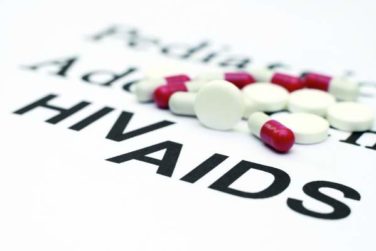The anticoagulant response to dabigatran, as measured by five coagulation laboratory assays, is consistent over childhood and comparable to the adult response, according to a research article published in Thrombosis Research.
In the in vitro study, lead author Dr. Kevin Dietrich of the University of Alberta, Canada, and his associates measured pooled plasma samples spiked with increasing concentrations of dabigatran from healthy children aged 0 to <1, 1 to <5, 5 to <10, 10 to <17 years, and adults. There were no differences in responses to dabigatran over all pediatric age groups, and these were comparable to adults.
The researchers found the dilute thrombin time (dTT) to be the most accurate measurement for assessing dabigatran concentrations in children and adults, as the ecarin time and TT were found to be overly sensitive.
“From a practical perspective, the dTT is an appropriate tool for measuring dabigatran concentrations. The dTT performed consistently across all age groups, and showed good reproducibility between repeat measurements and appropriate sensitivity and linearity of response within and above the therapeutic range,” they wrote.
For the full article, click here (Thrombosis Research 2015 [doi:10.1016/j.thromres.2015.01.017]).




